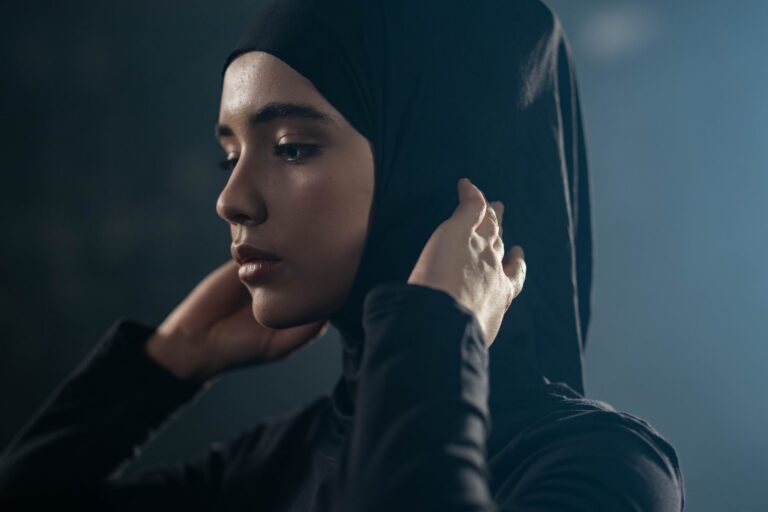In some dry and hot countries, the use of the Hijab helps their hair clean and protects their face from wind, dirt, and sun rays. However, for Islam women, it is more than that.
Why Muslim Women Wear Hijab?
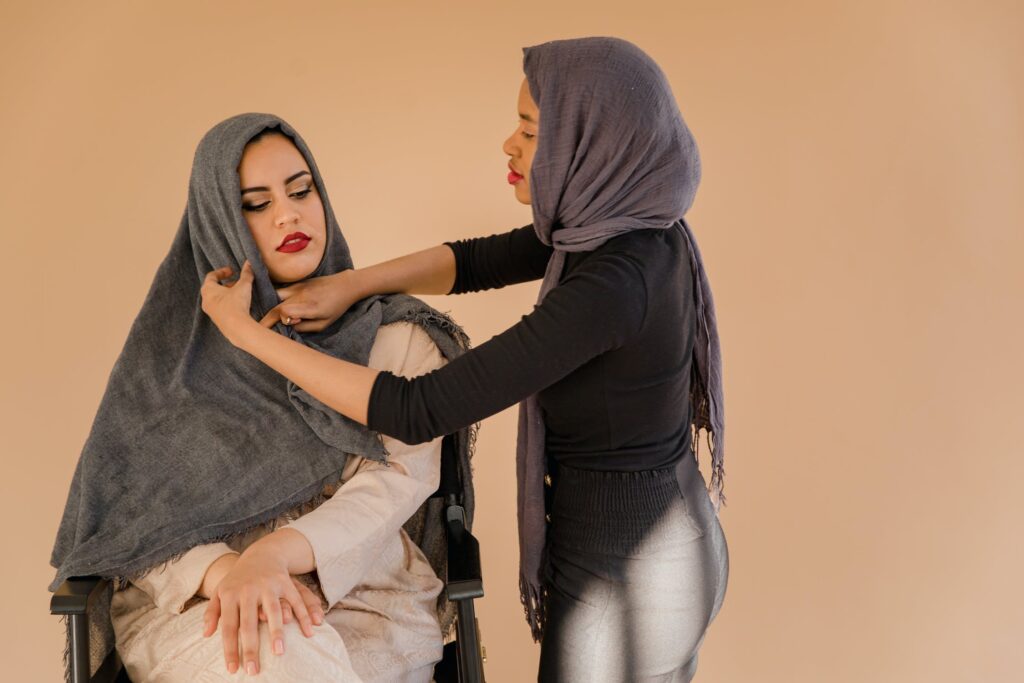
For some, the primary identification of a Muslim woman is their wearing of hijabs. But, it is genuinely more than Muslim women’s identification. Hijabs are a religious symbol. It is not a dress code. It signifies something deeper. When one wears Hijab, it refers to how she submits to her Creator and her connection with faith.
A woman who wears a hijab lets loose herself from the vain and selfish desire to show her beauty. It prevents them from competing with other women around her. With the hijab, a woman does not have to live up to the expectations and desires of society. She knows how to value herself by recognizing and accepting her beauty without validation from those around her.
Moreover, it is known to protect women from abuse and harm, which notably includes sexual abuse and harassment. These harmful acts have been prevalent, which few women suffer. The hijab makes them modest and chaste.
With the essence of hijab in a Muslim woman’s daily life, it should be taken care of properly. You can either take care of your hijab or ask for a hand from your nearby laundry shop.
How to Properly Care for Hijabs
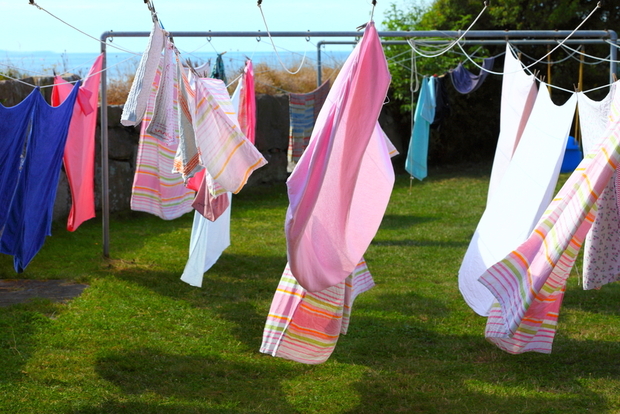
Although handwashing is the best method in washing hijabs, you may bring them to a laundry expert, like Liox Laundry, if you do not have ample time to do so.
Use mild detergent and cold water to wash your hijab. Do not use bleach as it may damage the fabric. If you wish to wash them at a laundromat, put them in a mesh bag to avoid tangling with other clothes. It might snag from zippers or hooks of other clothes.
Do not forget to separate the light-colored hijabs from the dark-colored ones, especially when you soak them.
When drying hijabs, do not wring them. It will damage its delicate fabric. Air dry hijabs instead of placing them inside the dryer. If you hang dry them outside, do not place them under direct sunlight, it fades the hijab’s color. Put them under a shade.
Aside from knowing how to wash and dry your hijab properly, you need to know what things may cause harm to your hijab. Some of your daily essentials such as make-up, lotions, and sunscreen can damage your hijab. It has the same effect when spills and other food or drink mishap will happen to your clothes.
If stains happen to your hijab, you have to pre-treat right away. The sooner your hijab receives treatment, the better chance to save it. The same principle goes to any clothes.
You only have to wash the stained part and its surrounding area with cold water. Dab a small amount of detergent and work on the stain with your fingertips. If you do not have a water or detergent around, blot clean the stained area. Use a paper or toilet paper to dab on the stained area.
Lastly, when using pins and safety pins for your hijab, find the right ones. Poorly made pins and safety pins might stain your hijab or cause snag and ruin your hijab. Thus, it is best to avoid stains first than deal wih it. Moreover, it is best to use safety pins to avoid being poked.
Why is it Important to Practice Good Hygiene Today?
Although personal hygiene is a sensitive topic, it has to be addressed as poor personal hygiene implies several hygiene-related diseases, and it even affects a person’s workplace.
There are five types of personal hygiene, and a person should create a personal hygiene routine for each type:
-
Dental:

Dental hygiene is more than just having white teeth. It includes breath and gum conditions and the absence of cavities. Regular brushing of teeth and dental checkups eliminate and prevent dental-related diseases.
-
Body:
It is essential for us to regularly wash as our bodies are covered with millions of sweat glands. More so, washing our hair removes the oil.
-
Hand washing:
Regular hand washing is one of the best methods to prevent communicable diseases, especially when we are in a pandemic. We become aware of the things that we touch unconsciously. Thus, always wash your hands.
-
Nails:
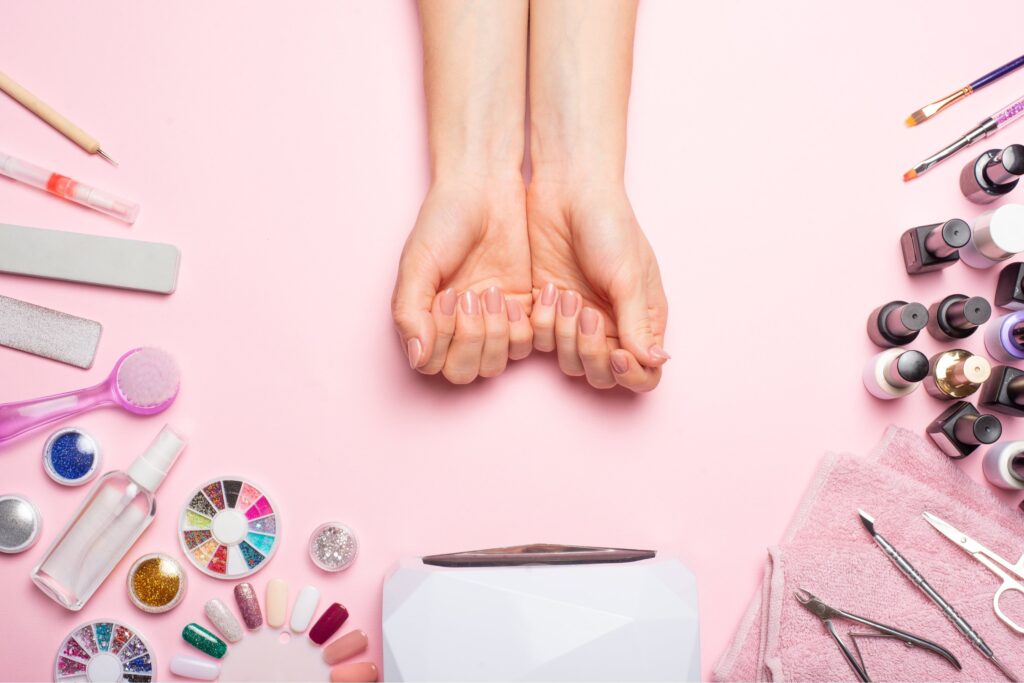
Fingernails harbor dirt and germs, that’s why it contributes to the spread of bacteria. If you have longer nails, dirt and germs, easily collect under your nails. Thus, keep them short.
-
Clothes:
Our clothes protect us from dirt and other foreign substances that may harm our skin. But, as it protects us, it absorbs our sweat, even the germs and bacteria from dirt and foreign substances may stay on our clothes. Thus, regularly washing our clothes is included in a person’s personal hygiene.
Aside from doing these personal hygiene practices, teach them to your children, especially for your daughters. They have to know at an early age how to take care of themselves and clean their hijabs.
Align Beliefs with Public Health Guidelines
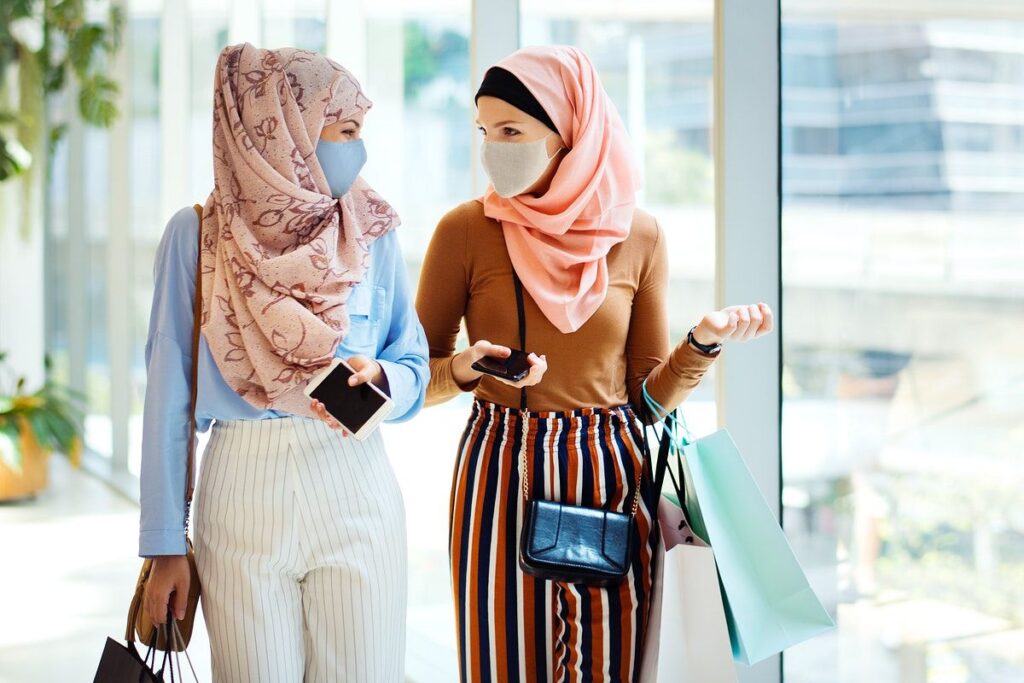
As to how hijabs are essential to every Muslim woman, each woman must wash their hijabs as often as possible with the pandemic going around. You can check with laundry experts on how to care for your hijabs properly.
The pandemic has motivated every Muslim leader around the world to align their religious opinions with public health experts. Muslim institutions have recommended people to wash their hands for 20 to 30 seconds with soap before practicing wudu. Islamic leaders have emphasized that practicing wudu alone is not an effective preventive measure from the virus from spreading.
Moreover, other Islamic institutions have suggested supplying extra soaps and hand sanitizers near the washing area. Friday prayers have been canceled to prevent mass gatherings and practice social distancing.
At this time, Islamic practices have emphasized the purity of the body by reiterating the importance of hygienic practices.
